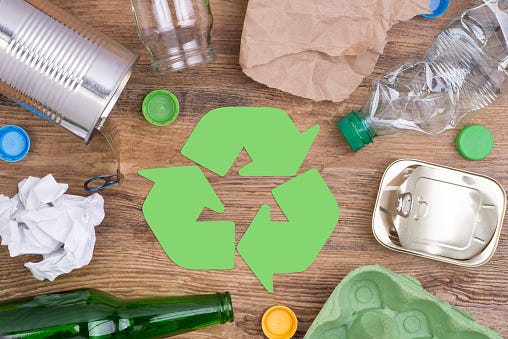Plastics have become an integral part of our lives, but their fingertips positions important ecological problems. Recycling plastics is a crucial stage towards sustainability, decreasing pollution, and conserving solutions. Here’s everything you need to understand about recycle plastics:
1. Types of Re-cycled Plastics: Plastics are classified into seven resin detection codes, ranging from Family pet (#1) with other (#7). Reused plastics are generally called rPET (reprocessed PET), rHDPE (recycled high-density polyethylene), and many others. These materials are extracted from publish-customer or post-commercial waste materials and processed for reuse.
2. Recycling Procedure: Recycling plastics entails many levels. Initial, obtained plastics are sorted by variety and coloration. Then, they’re washed to eliminate pollutants like labels and adhesives. After selecting and cleaning, plastics are shredded into little pieces or melted as a result of form pellets, completely ready for developing new items.
3. Ecological Benefits: Recycling plastics conserves organic resources by reduction of the demand for virgin supplies. Furthermore, it diminishes energy consumption and greenhouse gasoline emissions linked to plastic creation. Additionally, recycling assists mitigate plastic contamination, avoiding plastics from winding up in trash dumps or oceans.
4. Obstacles: Regardless of its benefits, recycling plastics facial looks difficulties. Contamination, due to combining various kinds of plastics or non-recyclable materials, reduces the grade of reprocessed products. In addition, inferior system and low buyer awareness hinder productive plastic recycling.
5. Programs: Reprocessed plastics get applications in different market sectors, which include wrapping, construction, vehicle, and textiles. Goods made out of reprocessed plastics vary from containers and boxes to furniture and garments. Developments in technological innovation have enabled using reused plastics in additional innovative applications.
6. Consumer Accountability: Buyers perform a crucial role in promoting plastic recycling. Proper fingertips of plastic waste, including separating recyclables from common spend, will help streamline the recycling process. Choosing items produced from recycled plastics promotes need for lasting components.
7. Upcoming Outlook: The future of recycling plastics looks appealing with continuous study and advancement. Advancements in recycling technology, including chemical substance recycling and able to degrade plastics, supply probable answers to present obstacles. Collaborative initiatives among governments, businesses, and people are important for recognizing a round economic climate for plastics.
In conclusion, recycle plastics is important for reducing environmental affect and marketing sustainability. Understanding the recycling approach, its positive aspects, problems, and client duties is essential for powerful plastic waste materials control. Adopting reused plastics plays a role in a eco-friendly, much healthier environment for generations to come.



